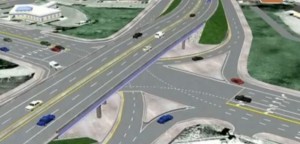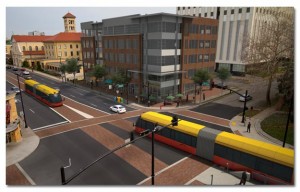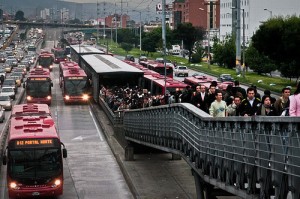Striking a balance between a sustainable lifestyle and social harmony in our bustling city is no small task. Nearly every conscious choice traverses an uphill and rocky path in the opposite direction of most customs of the modern South. Suppose you are brave enough to challenge the prevailing modes of consumption, diet, and energy use. “Going shopping” becomes a matter of necessity rather than a form of entertainment. A trip to the park becomes more fashionable than a trip to the Avenue. A visit to the farmer’s market is a treat, and meat is recognized as a costly luxury, if eaten at all. No matter how far you go, and no matter how relentless your attempts at an ecologically sane way of living, you will inevitably discover a persistent hindrance. It is a structural one, woven tightly into the fabric of every city, town and hollow across the state. Try as you might, it is difficult if not impossible to lead a car-free existence in Murfreesboro. Even as other cities explore bike lanes and bus options, the wise leaders of the ’Boro are supporting TDOT’s Bridge over Broad Street project, which will take an estimated three years to complete and will cost the residents of Murfreesboro upwards of $30 million.
Such costly and time-consuming investments in the transportation of the last century leave little room for real solutions that improve the quality of life in our city. As a nation, around 82 percent of Americans live in suburban environments that depend on cars. Aside from the well-documented health and environmental effects of the more than 250 million Americans who rely on personal automobiles, I often wonder how many really stop and think about what an inconvenience it is to own a car. It is a choice that, if fairly compared with bicycle or mass transit, I am confident that few, other than the most fanatical of individualists, would choose. Pollution, an enormous cost of ownership, separateness and the near-assurance of a sedentary lifestyle—all for what? But there is no choice, and very few seem interested in alternatives. Never mind the long-observed fact that adding lanes and improving roads exacerbates the problem by encouraging urban sprawl. At some point in the future, supposing that the supply of oil remains steady and cheap, the bridge will also become congested. At some point after that, and likely not too far off as global demand soars, the people of the ’Boro will find that they can no longer afford the trip across town. A far more sensible and forward-looking approach would be to invest in mass transit and city planning, a novel concept in a city dominated by suburbs and strip malls.
The Tennessee Department of Transportation points to the some 60,000 hydrocarbon-powered steel carriages that cross the intersection each day, and claim that the proposed bridge is the only solution to the 72,000 that are projected by 2034. They seem to take little notice of what others are projecting by the 2030s. Although recent developments in extraction technology seem to have blunted the immediate threat of peak oil (immediate depends entirely on perspective), the damage to the climate hurdles forward. President Obama makes grand speeches committing to 2005 CO2 levels by 2020 as we look back at 400 parts per million, a startling atmospheric carbon concentration recorded in May. The Carbon Tracker Initiative from the UK estimates that we can burn around one-fifth of known reserves to stay under the globally agreed upon limit of 2 degrees Celsius. As Americans continue to catch up to the reality of climate change, legislative mechanisms at the federal level such as a much-needed carbon tax will increase the cost at the pump. The traffic at the Broadway intersection will not come to a halt overnight, but 60,000 cars a day will be a thing of the past when gas reaches $5 a gallon.
Given the enormous quality-of-life benefits of mass transit and a bike-friendly city, as well as the extreme unlikelihood of gas remaining below the $4 per gallon mark over the next decade, it seems that the decision makers in the ’Boro would serve their city far better by following Nashville’s lead. The amp project in Nashville, formerly known as the East-West Connector, outlines a rapid transit bus system with dedicated bus lanes. The project’s website cites the 35 hours that the average Nashvillian wastes in traffic each year. Planners in Nashville look at the growing problem of gridlock and recognize that more asphalt is not the answer. The design looks nearly identical to the one I came to love while in Germany. I had a car-free life there: no monthly payment, no insurance payment, no fuel costs and no repair costs. I biked daily, breathed fewer fumes, and felt better. And on one bus trip I just happened to sit next to a city planner. A chance encounter, impossible in a car, which exposed me to a smarter way of doing things.

















Ryan, I appreciate your informed, concerned efforts to change the mentality of decision makers here in Murfreesboro. Your article highlights their utter lack of awareness of viable green options.
Comment July 2, 2013 @ 12:44 pm